In Conversation with Teezee on Brazil, Yoruba deities and preserving our culture
Speaking about the influence Yoruba culture has in the world!
Speaking about the influence Yoruba culture has in the world!
It is not uncommon for people to seek out their cultural roots, in an attempt to discover more about who they are. At least that’s what Teniola Zaccheaus, more commonly known as Teezee, would tell you if you asked him.
He recounts enduring endless teasing from peers in his younger years, because of his non-traditional Yoruba surname, which led to him being inquisitive about his roots. The answer to this opened him up to a new found knowledge on slave trade and returnee slaves.
His hometown, Lagos, a melting pot of different tribes and cultures, was mostly inhibited by the Yorubas who were one of the many tribes displaced during the transatlantic slave trade in countries such as Brazil.
This birthed Teezee’s interest in the ties between the Yoruba indigenes of his hometown and Brazil; marking the country as one he must visit, to satisfy his desire to seek out his cultural roots. His recent trip to Brazil finally answered some very pressing questions he had. Brazil, he found, is home to a number of Yoruba-infused religions, a remnant of the transatlantic slave trade.
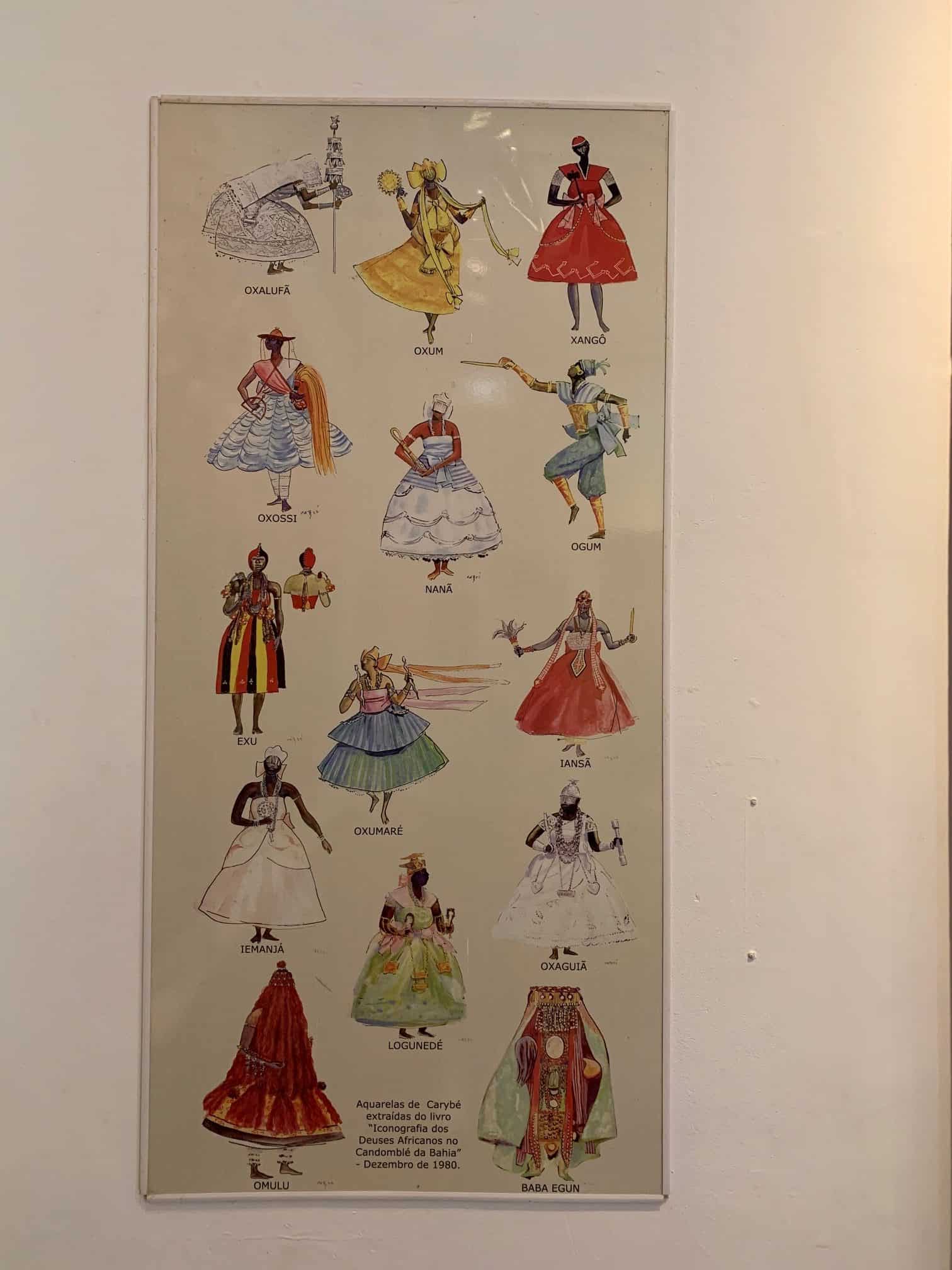
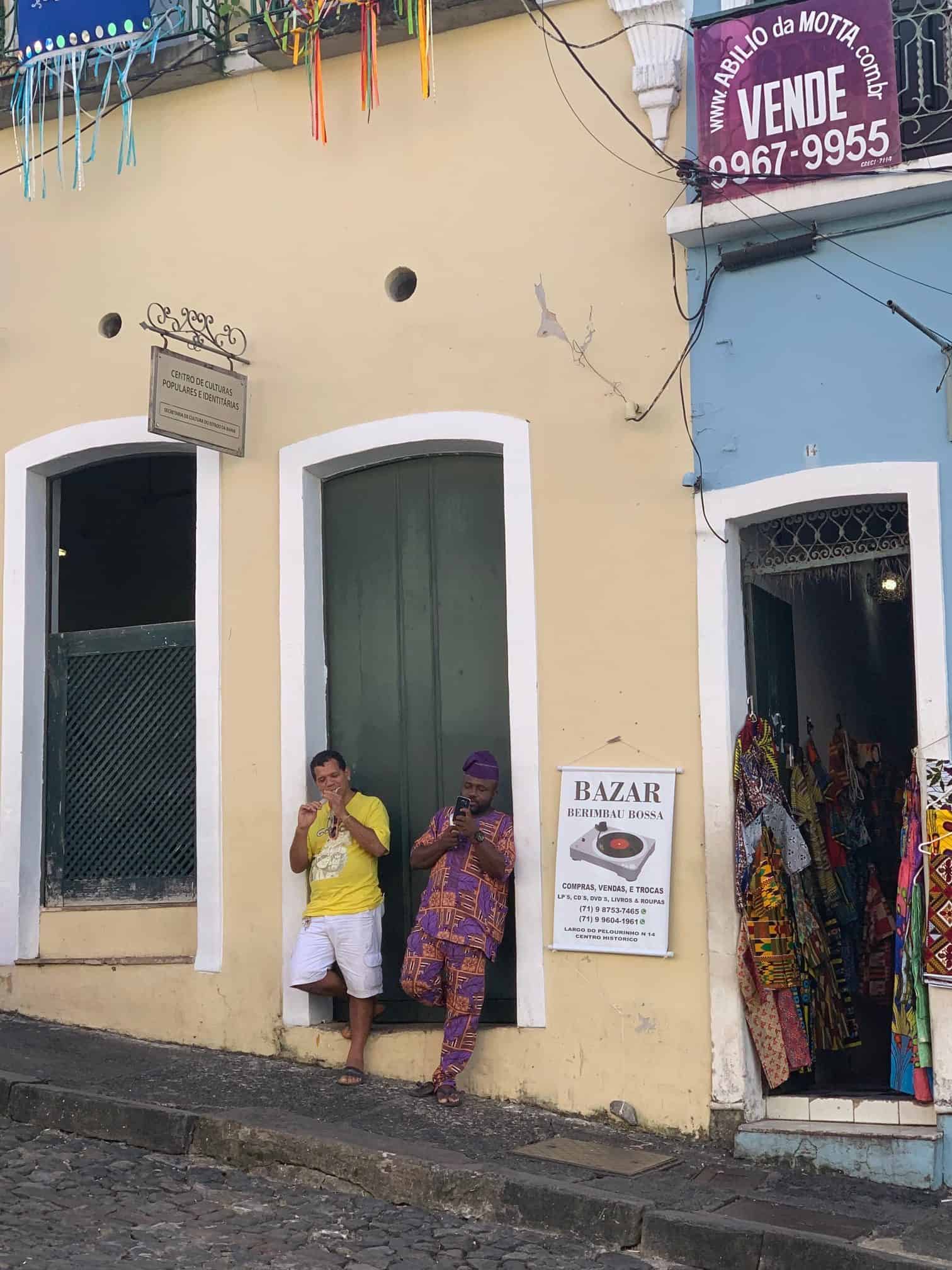
Traditional Yoruba deities—orishas—are almost never talked about in modern day Nigeria, the rise of Christianity and Islam has usurped the traditional pantheism that many of our parents and grandparents grew up with. Now, talk of these deities are met with dismissive remarks as they are dubbed as demonic to the average educated, church-going Nigerian. Yet, there exists across Brazilian cities modern-infused religions such as Candomblé, Haitian voodoo and Santeria which have at their core, Yoruba deities who are revered.
The NATIVE spoke to Teezee about his trip to Brazil and what he learnt about the experience.
NATIVE: What led you to seek out the origin of your surname?
TEEZEE: I knew I was of Yoruba descent but my surname was not the typical Yoruba name. When I was younger, people would make fun of me in school because my surname was English. It was one of my aunties who explained slavery to me, and how a lot of Lagos indigenes have unconventional English names. As I got older, the information I gained made me more inquisitive about the world in general. I developed a curiosity for maps, geography, history and culture.
NATIVE: Tell us more about the modern-infused Yoruba traditions in Brazil?
TEEZEE: I am a Christian but also open-minded, so I looked at my curiosity about orisas more as a study reference to understand the meaning behind certain religions, as opposed to seeking it out for practice. My journey started in Ile-Ife to understand more about the cultural link. In Brazil, I visited Rio and Bahia, which has been dubbed as the spiritual home for Yoruba people outside Nigeria. I learnt that the principal Yoruba deities were Esu, Sango, Ogun, Lemanja; all under the Brazilian religion, Candomblé. It was interesting to see how slavery brought about these religions in Brazil, and I had an urge to understand how local traditions from Africa were still extremely important to the Brazilian culture.
NATIVE: Why do you think this story is a pertinent conversation to have in this day?
TEEZEE: I think we need to talk more about them. Our parents and grandparents are very conventional and unwilling to compromise on traditions and ethics, holding unto antiquated ideas like bride price and respect for elders. I find it weird that they are so into some parts of our culture but are very much against other parts of our culture like these orisas, since they’re are so rich in history to who we are as a people. The Nigerian traditions that are seen as taboo back in our motherland are being openly celebrated in a foreign country and it’s sad we’ve demonised them.
NATIVE: What can we do to redress this cultural erasure?
TEEZEE: We need education. I don’t really see how they will start teaching it in schools and include it into their curriculum yet. But the first step to take will be personal interest in our culture and get involved in independent study. Just know your roots and know where you come from. It is also interesting how many tribes were taken during the transatlantic slave trade but why is it that the Yoruba religion remained long after and mixed well with the religion already in place in Brazil. I think it is a good time to be proud of our history and heritage.
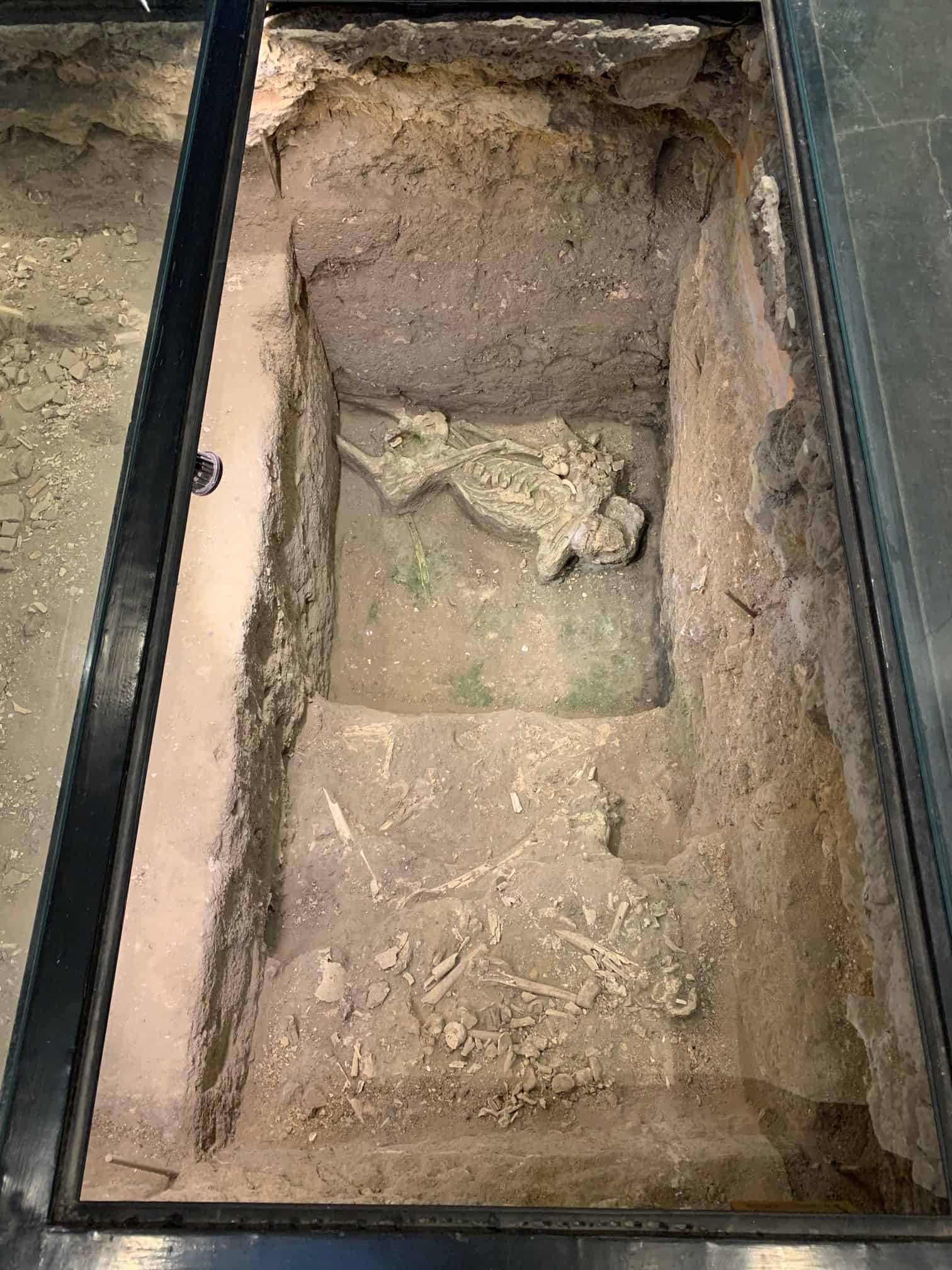
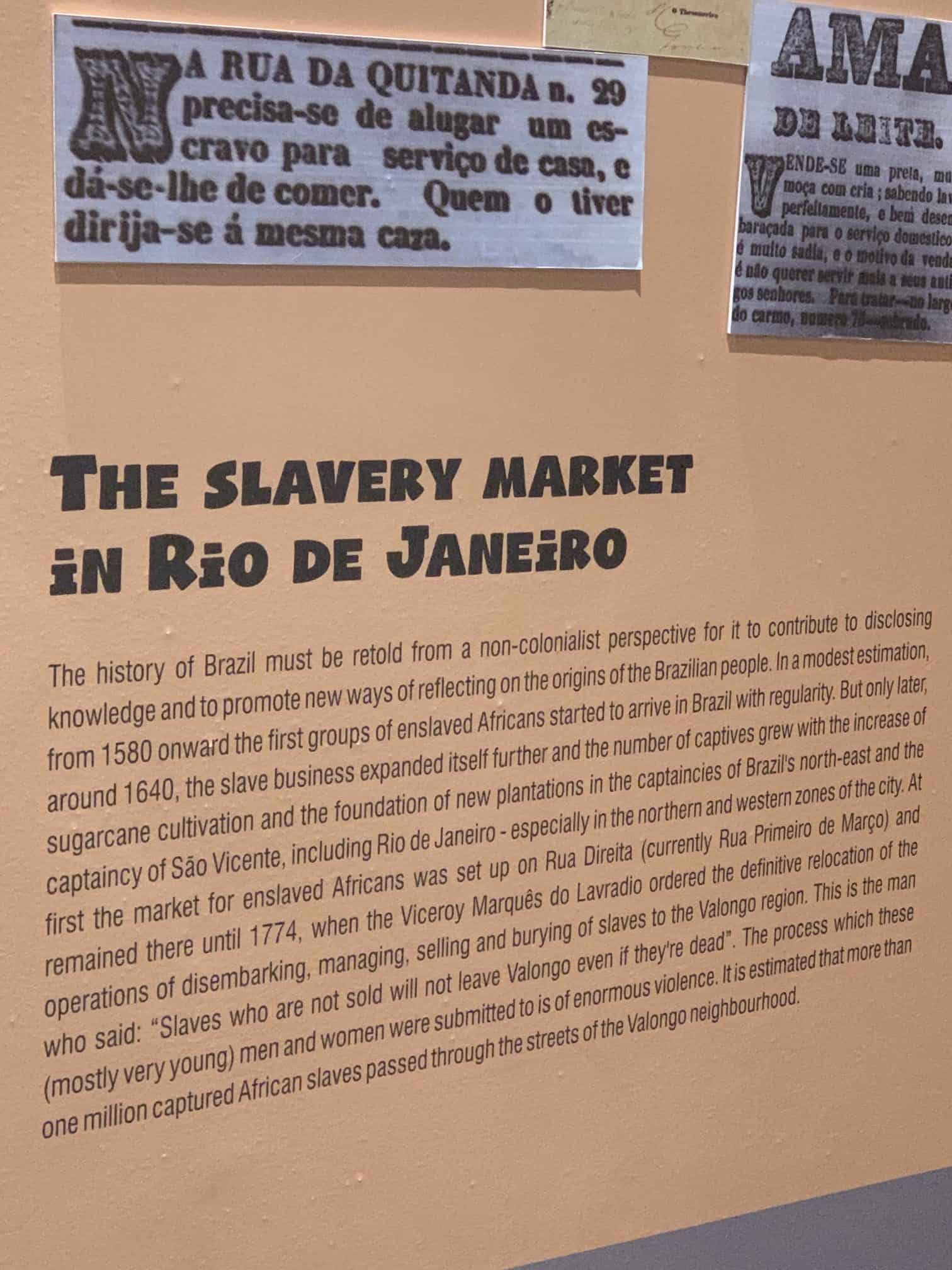
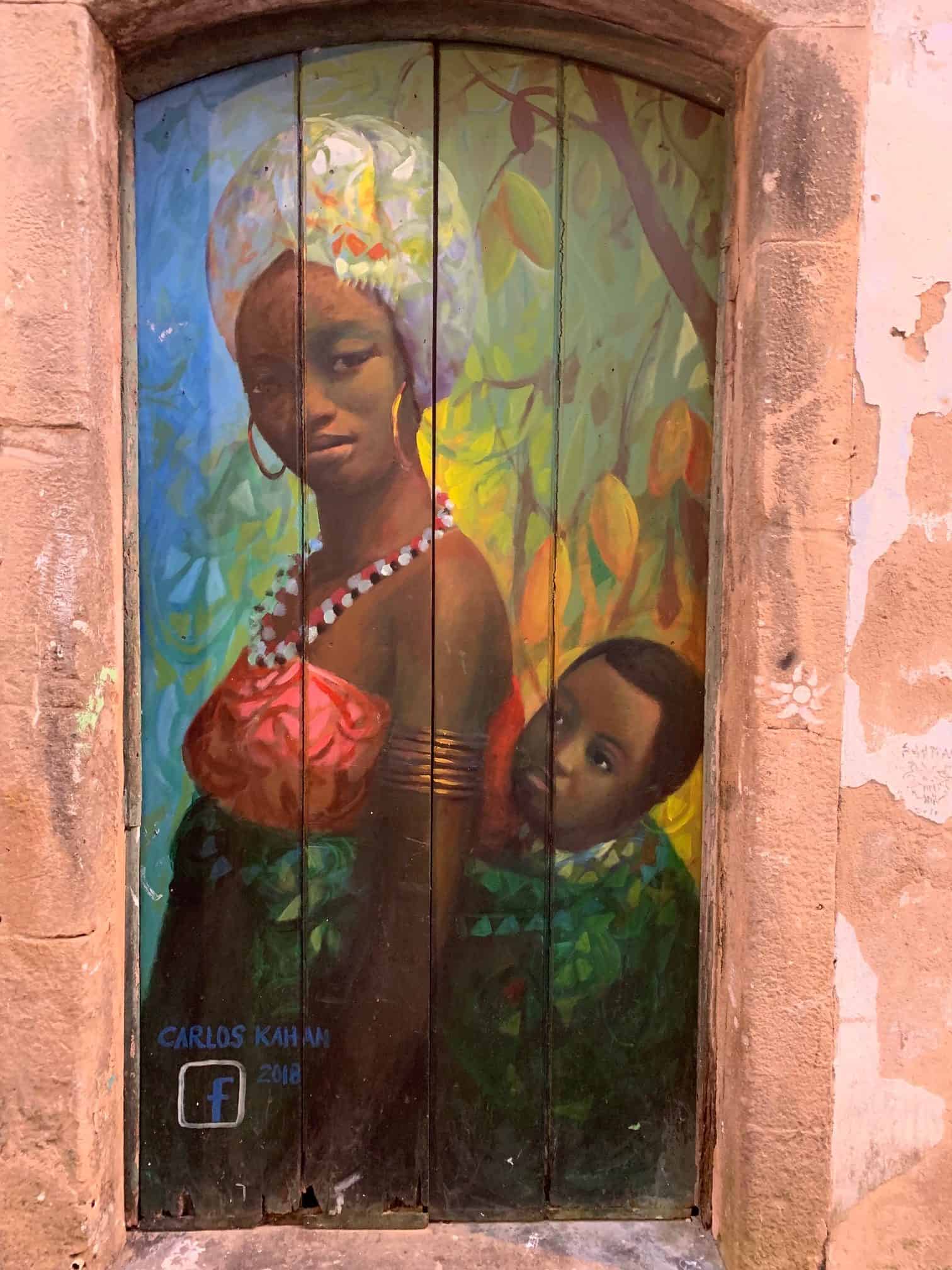
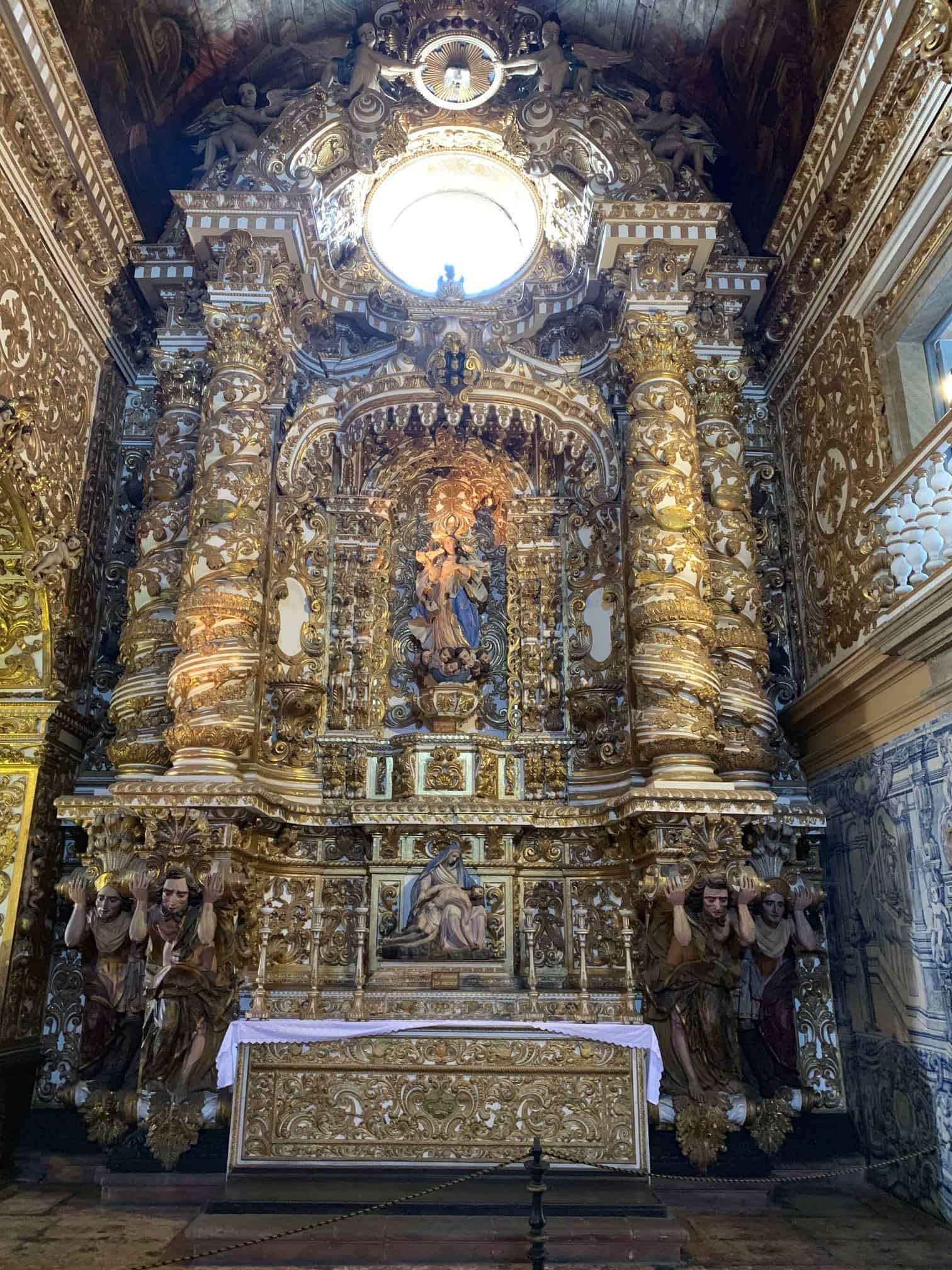
Tami is a lover of astrology, music and women. Tweet your fave female artistes at her @tamimak_

